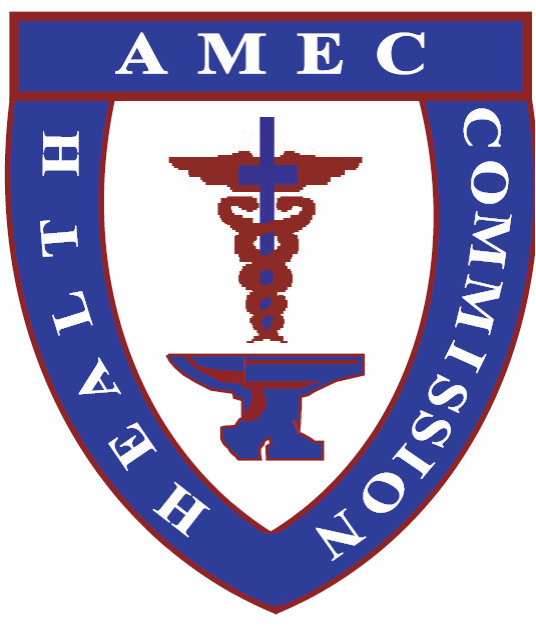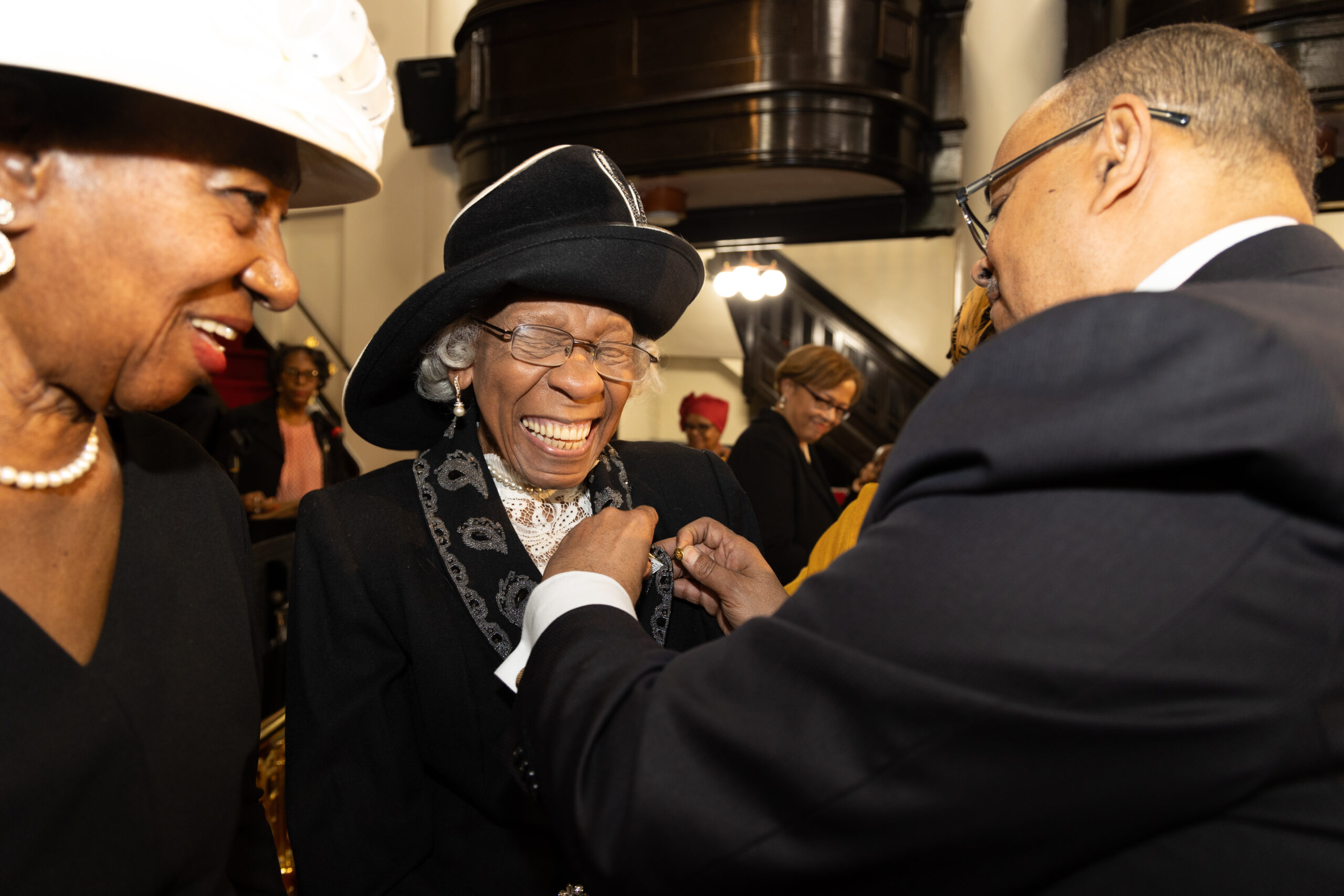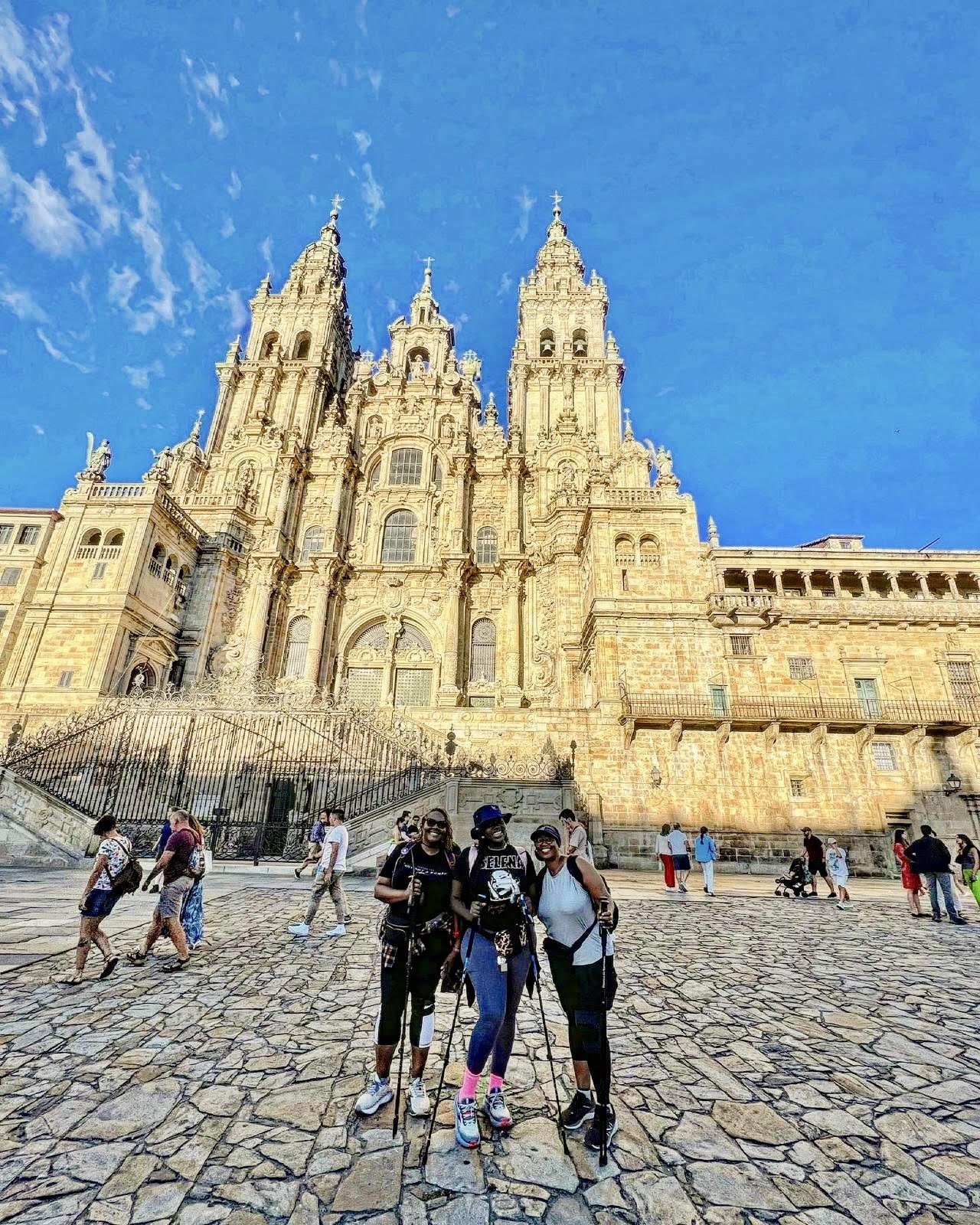By Ulysses Burley III, MD, Columnist
Historically, people have used their bodies as tools of resistance for movements of justice and equality. From slave emancipation and women’s suffrage; and the labor and civil rights movements; the movement against war and for feminism; to marriage equality, the movement for black lives, and the environmental movement — our bodies: standing, marching, and gathering en masse, have been frontline forces for change in preserving life and livelihood for the most vulnerable.
We are again in a moment in history where what we do with our bodies can serve as a revolutionary act. But this time it involves sitting down, in our homes, resisting the urge to gather. The COVID-19 coronavirus has changed life as we know it, particularly how we interact with one another. While what we know about COVID-19 changes daily, the current wisdom is that it’s spread through respiratory droplets of infected persons directly to other persons, or indirectly through the person-to-surface-to-person transmission. As a result, social distancing of 6 feet or more has been mandated worldwide, and 18 U.S. states have issued stay-at-home orders prohibiting all non-essential activity.
In order to minimize further transmission of this potentially deadly disease – we have to respect the orders to shelter-in-place for an indefinite amount of time. The quarantine dates back to the Middle Ages during one of the Black Plague pandemics, and it remains the best way to stave off widespread infection of a pathogen when there is no cure or vaccine, as is the case with COVID-19. Not only is it necessary that we stay at home for our health, but it’s also crucial to the sustainability of our overwhelmed healthcare system. For many of us, this means making the difficult decision to not gather on Sundays for worship.
Worship is a deeply intimate setting both with God and with each other, and that’s a beautiful thing. But it’s precisely that intimacy with each other that puts congregants in houses of worship at greater risk for COVID-19 exposure. In Georgia, for example, Bartow County has confirmed 76* positive cases of COVID-19, where the majority of the cases have been traced back to a single exposure at a church in Cartersville before social distancing was being emphasized. To put the significance of this outbreak in perspective, the only other counties in Georgia with more reported cases than Bartow are Fulton County – population 1.04 million with 191* cases, DeKalb County – population 756,558 with 107* cases, and Cobb County – population 752,783 with 90* COVID-19 cases.
Bartow County has a population of only 106,000.
Imagine the consequences of a similar situation in an urban epicenter with megachurches on every other corner? The result could be irreparable. It’s why churches must seize this moment in history as an opportunity to reimagine the ways in which God has equipped us to do ministry. If God is the omnipresent spirit that we believe Him to be, then the spirit can certainly move digitally, virtually, and telephonically — reaching beyond the four walls of our faith houses.
The world is in desperate need of compassion right now; compassion for the sick and elderly, compassion for first responders who are putting their bodies on the line, compassion for the poor who may recover physically from the virus but probably won’t recover economically. Likewise, we’ve seen a rise in stigma associated with COVID-19, whether it’s toward people of Asian descent or the stranger who coughs or sneezes in your vicinity, and people of faith are in a divine position to deliver the compassion, care, and dignity needed to treat people and not just disease.
If COVID-19 and pandemics before it has taught us anything, it’s that we are all connected, whether by globalization or by faith. Our current moment of dis-ease is being experienced together. So must our healing. With your prayers, I know we’ll get there. It may be one month from now or one year from now — but we will win. And it won’t be because we loved our houses of worship so much that we continued to gather. It will be because we loved each other enough not to. Don’t underestimate the power of the Body of Christ to resist in this way! By doing so, we are literally saving lives!
Be encouraged!
*All figures are most up-to-date as of March 25, 2020





